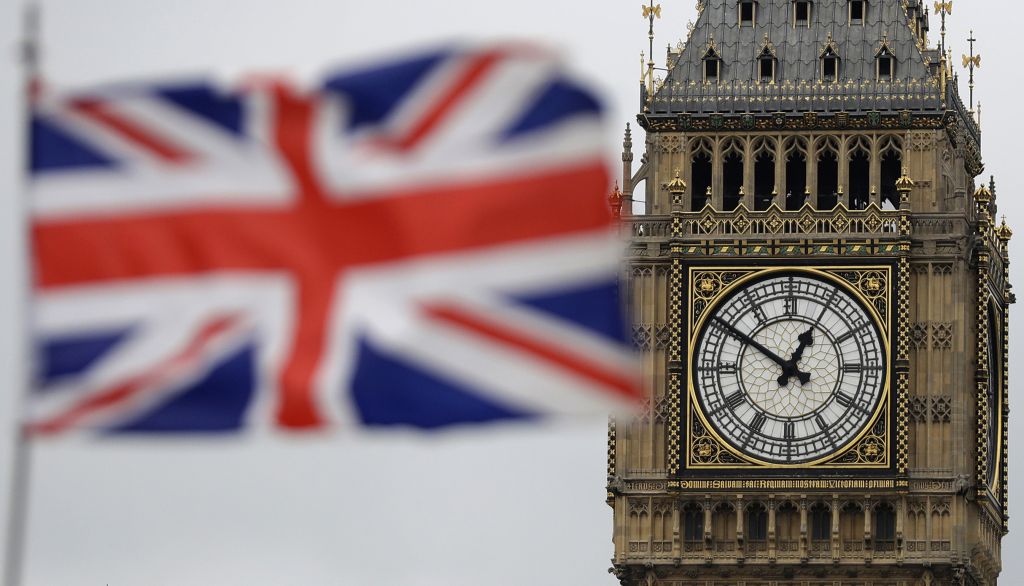UK Government Shakes Up Crypto Policy: What’s Next?
13.07.2024 12:00 1 min. read Alexander Stefanov
After a decisive election victory on July 4, the UK Labour Party, under Prime Minister Keir Starmer, has begun appointing officials to key government roles.
Among these appointments is Tulip Siddiq, who now assumes the dual role of Economic Secretary to the Treasury and City Minister. Her responsibilities include overseeing policies concerning digital assets and central bank digital currencies in the UK.
Previously serving as Shadow City Minister and Shadow Economic Secretary under the Conservative government, Siddiq has advocated for robust regulations on cryptocurrencies.
In a notable May 2023 op-ed in the New Statesman, she called for comprehensive government frameworks to manage the risks and opportunities presented by crypto assets, criticizing the previous administration’s approach as insufficient.
Recognized by CryptoUK in 2022 as one of the top UK lawmakers discussing crypto and blockchain in Parliament, Siddiq is viewed by industry figures as potentially pivotal in positioning the UK as a global center for tokenized assets following Labour’s electoral success.
Under Starmer’s leadership, the Labour government has prioritized issues such as housing and healthcare, suggesting that the development of regulatory frameworks for Web3 technologies may be deferred until a clearer crypto policy direction is established.
-
1
U.S. Lawmakers Target El Salvador With Crypto Sanctions Plan
10.07.2025 15:00 2 min. read -
2
Crypto Week Begins: U.S. Congress Advances Key Bills as Trump Pushes for Regulatory Clarity
15.07.2025 7:00 2 min. read -
3
Crypto Tax Policy in Spotlight as House Plans July 16 Hearing
10.07.2025 9:00 2 min. read -
4
Thailand Launches National Crypto Sandbox
17.07.2025 9:03 2 min. read -
5
House Clears Path for Landmark Crypto Bills: Vote Set for Thursday
17.07.2025 9:15 2 min. read
South Korea Urges Asset Managers to Limit Exposure to Crypto Stock Like Coinbase,MicroStrategy
South Korea’s top financial watchdog has issued informal guidance urging local asset managers to scale back their investments in crypto-related stocks, according to a Korean Herald report.
SEC Reverses Bitwise ETF Approval Just Hours After Greenlight
In a surprising move on Tuesday, the U.S. Securities and Exchange Commission (SEC) initially approved Bitwise’s proposal to convert its cryptocurrency index fund into a full-fledged exchange-traded fund (ETF)—only to halt the decision just hours later.
Senate Republicans Unveil Crypto Market Bill to Expand CLARITY Act
Senators Tim Scott, Cynthia Lummis, Bill Hagerty, and Bernie Moreno (R-OH) have released a discussion draft of a new digital asset market structure bill—framed as the Senate counterpart to the CLARITY Act.
Banking Trade Groups Urge OCC to Halt Digital Trust Bank Approvals
Five major banking associations are urging the Office of the Comptroller of the Currency (OCC) to delay approval of new national trust bank charters for digital asset firms, including Ripple, Fidelity Digital Assets, National Digital TR CO, and First National Digital Currency Bank.
-
1
U.S. Lawmakers Target El Salvador With Crypto Sanctions Plan
10.07.2025 15:00 2 min. read -
2
Crypto Week Begins: U.S. Congress Advances Key Bills as Trump Pushes for Regulatory Clarity
15.07.2025 7:00 2 min. read -
3
Crypto Tax Policy in Spotlight as House Plans July 16 Hearing
10.07.2025 9:00 2 min. read -
4
Thailand Launches National Crypto Sandbox
17.07.2025 9:03 2 min. read -
5
House Clears Path for Landmark Crypto Bills: Vote Set for Thursday
17.07.2025 9:15 2 min. read


